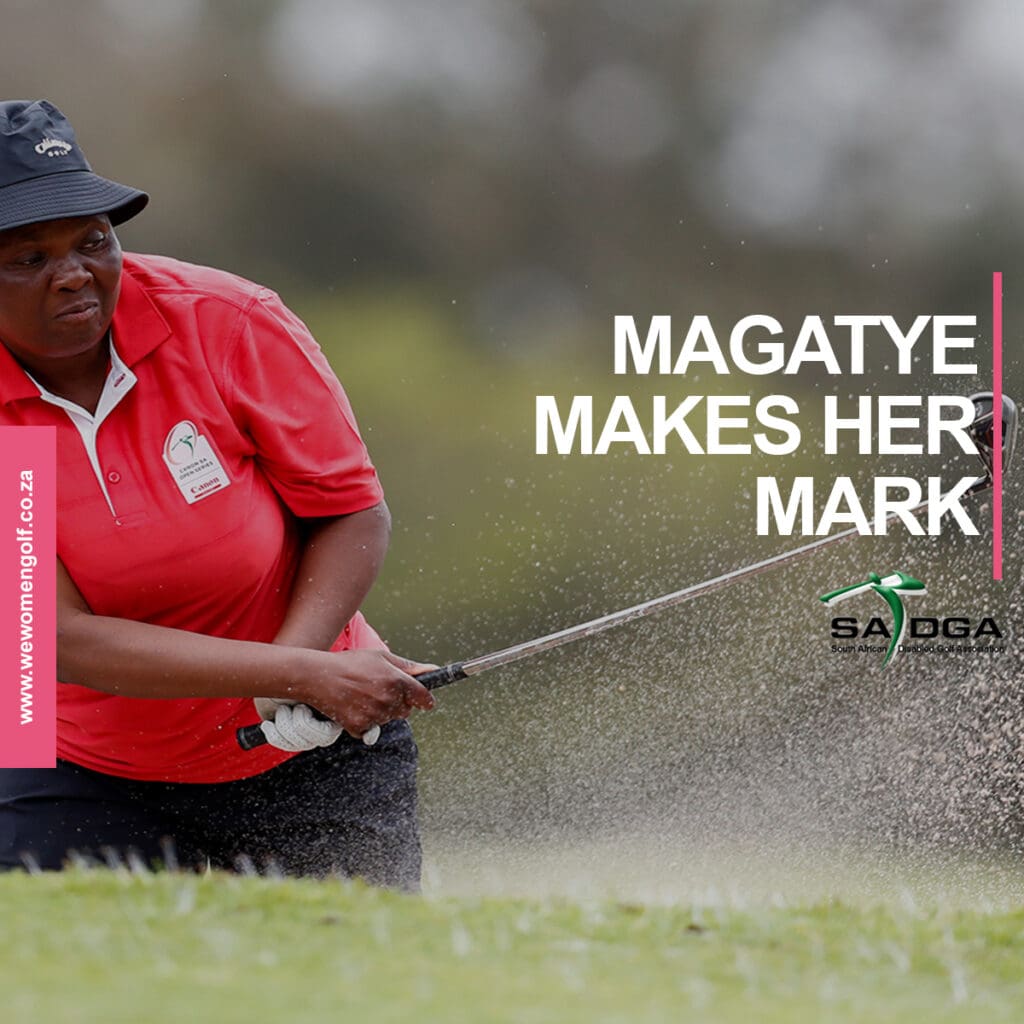
The Mental Landscape of Junior Golfers and Parental Dynamics
Junior golfers embark on a challenging journey that goes beyond perfecting swings and mastering putts; it involves developing and navigating the intricate mental game of competition golf. In this playground, we as parents serve as mentors, coaches, caddies and role-models, influencing the mental well-being of our young golfing future. This article explores the mental positives and challenges that junior golfers face in the context of their relationships with their parents.
The Mental POSITIVES
Emotional Support:
Junior golfers need and often find a source of emotional support in their parents. The highs and lows of the game can be emotionally taxing, and having a supportive family behind them creates a stable platform from which to face and overcome challenges the game throws at us. How we react to our children when under performing has a massive implication on their emotional well-being and development of their future love for the game.
Motivation and Encouragement:
Parents play a pivotal role when it comes to motivating and encouraging their junior golfers. Using psychological skills such positive reinforcement, constructive feedback, and celebrating their small victories all can contribute to building the mental resilience needed to face the competitive nature of the sport. Often saying less is more. A good rule of thumb when it comes to dealing with your junior golfers is, ‘if you don’t have anything positive to say, then FIND something positive…or say nothing’.
Building Confidence:
Confidence is a key component of success in golf as it is in life. Parents who instil a sense of belief in their children’s abilities contribute significantly to the development of a strong and resilient mindset, which is crucial for taking on the mental challenges on the course. Confidence stems from developing belief and trust in our abilities to complete a task. Remind our junior golfers of their individual tasks when competing. Junior golfers can build confidence with even the smallest tasks, such as a good grip, or even a good setup.
Reflect on how good they were with completing those tasks successfully, and less reflection of the result on the scorecard.
Family Bonding:
Golf presents a unique opportunity to spend quality time with your family. Shared experiences on the course create lasting memories and strengthen the parent-child relationship irrespective of the experience. Even with a score that isn’t flattering, throughout the round there are positive experiences we share in if we choose to find them. These positive connections contribute to a supportive environment that fosters mental well-being.
Learning Life Skills:
“Golf is the closest game to the game we call life” – Bobby Jones. Beyond the golf course, parents help junior golfers learn essential life skills.
Time management, discipline, and goal-setting all become integral components of a young athlete’s mental toolkit, shaping them into well-rounded individuals in preparation for a life where these skills become essential.





